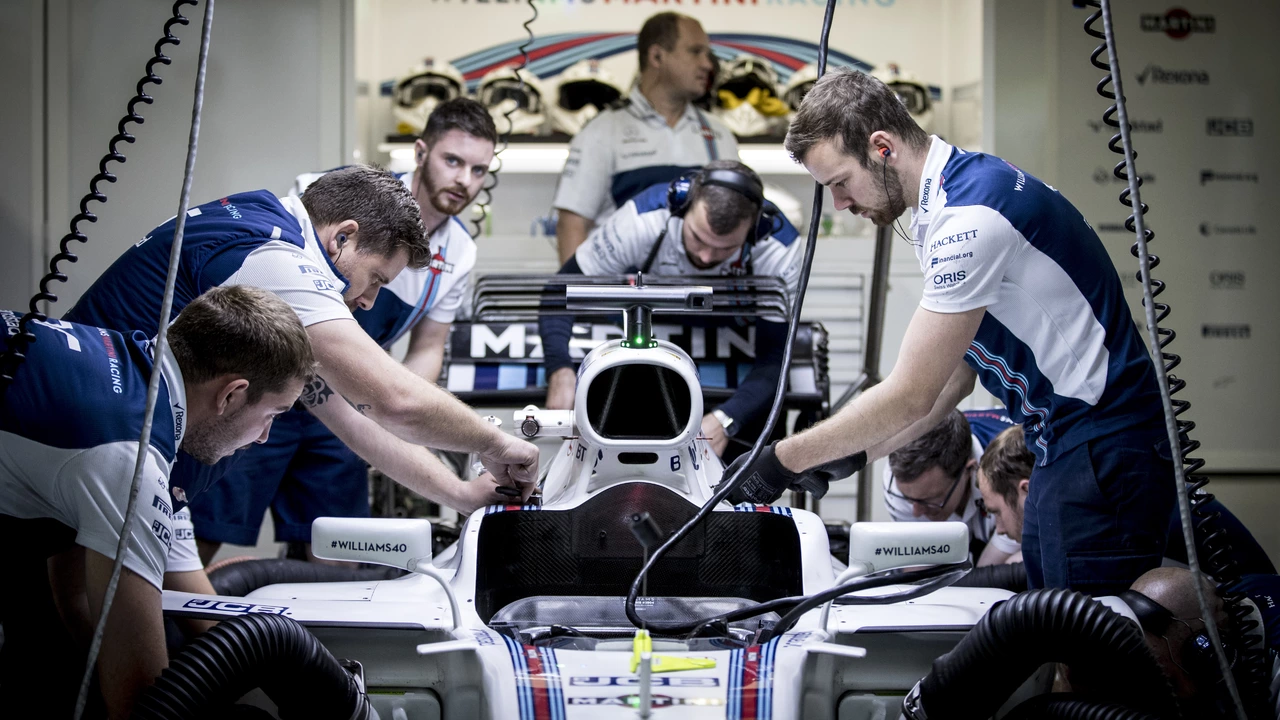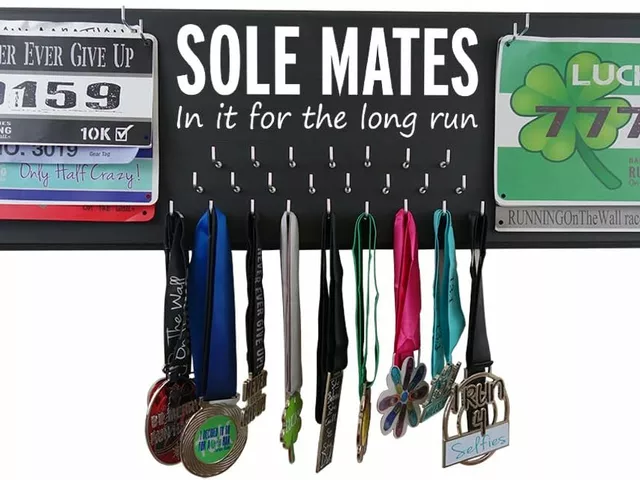Career Advice – Getting a Good Job in Motorsports
Ever wonder why some people snag that dream seat in a racing team while others keep hitting dead ends? The answer isn’t magic – it’s a mix of the right know‑how, real‑world experience, and the people you know. Below are the steps you can start taking today to move from fan to professional.
Build the Right Skills
First off, you need a solid technical foundation. Most teams look for people who understand how a car works, whether you’re into mechanical engineering, data analysis, or aerodynamics. If you’re still studying, focus on modules that cover engine dynamics, vehicle dynamics, and CAD design. Online courses and tutorials can fill gaps when your school doesn’t cover a topic.
Hands‑on work matters just as much as theory. Try building a go‑kart, restoring a classic car, or tinkering with a simulator rig. The more you can point to a project you built yourself, the stronger your résumé becomes. Even simple things like learning to read wiring diagrams or mastering basic CNC machining can set you apart.
Don’t forget soft skills. Communication, problem‑solving, and the ability to work under pressure are daily realities on a racetrack. Join a local motorsport club or volunteer at events where you’ll have to coordinate with mechanics, drivers, and officials. Those experiences teach you how to speak the language of the industry.
Network and Get Experience
Motorsport is a tight‑knit community, and who you know often opens doors faster than any certificate. Attend race weekends, trade shows, and engineering fairs. When you meet someone, ask genuine questions about their role and share a bit about what you’re learning. People remember curiosity and enthusiasm.
Internships are the gold standard for getting a foot in the door. Look for placements with racing teams, chassis manufacturers, or even race‑track operators. Even a short stint in the pit lane or the data‑analysis room gives you insider insight and a name to reference on future applications.
If a formal internship isn’t available, offer to help on a volunteer basis. Many smaller teams run on tight budgets and welcome extra hands for tasks like part inventory, event promotion, or basic data logging. Those hours translate into real achievements you can list on your CV.
Finally, keep a running log of everything you do – projects, courses, contacts, and lessons learned. When a job posting appears, you can quickly match your experience to the role’s requirements instead of scrambling to recall details.
Breaking into motorsport isn’t a sprint; it’s a series of small, focused steps. Build the technical chops, get your hands dirty, and make genuine connections. Follow these habits, and you’ll find yourself moving from the grandstands to the garage faster than you thought possible.
 12 July 2023
12 July 2023
What do you have to do to get a good job in motorsport?
Securing a good job in motorsport requires a mix of passion, knowledge, and skills. First and foremost, you need to have a deep understanding of the sport, including its technical aspects. Developing relevant skills, such as mechanical or engineering knowledge can be crucial. Networking is also key, as this industry often operates on who you know. Lastly, gaining experience through internships or volunteering at events can give you a leg-up in this competitive field.
Latest Posts
-

What are some great ways to display racing bibs?
-

No Reviews for 'Wicked: For Good' Yet — Release Imminent, Embargo Holds Critics at Bay
-

Escort Services in Russia: How Secrecy, Professionalism, and Quality Drive the Industry
-

What is the purpose of doing a burnout?
-

RHOP Star Mia Thornton Arrested at Atlanta Airport Over $11K Furniture Theft
0